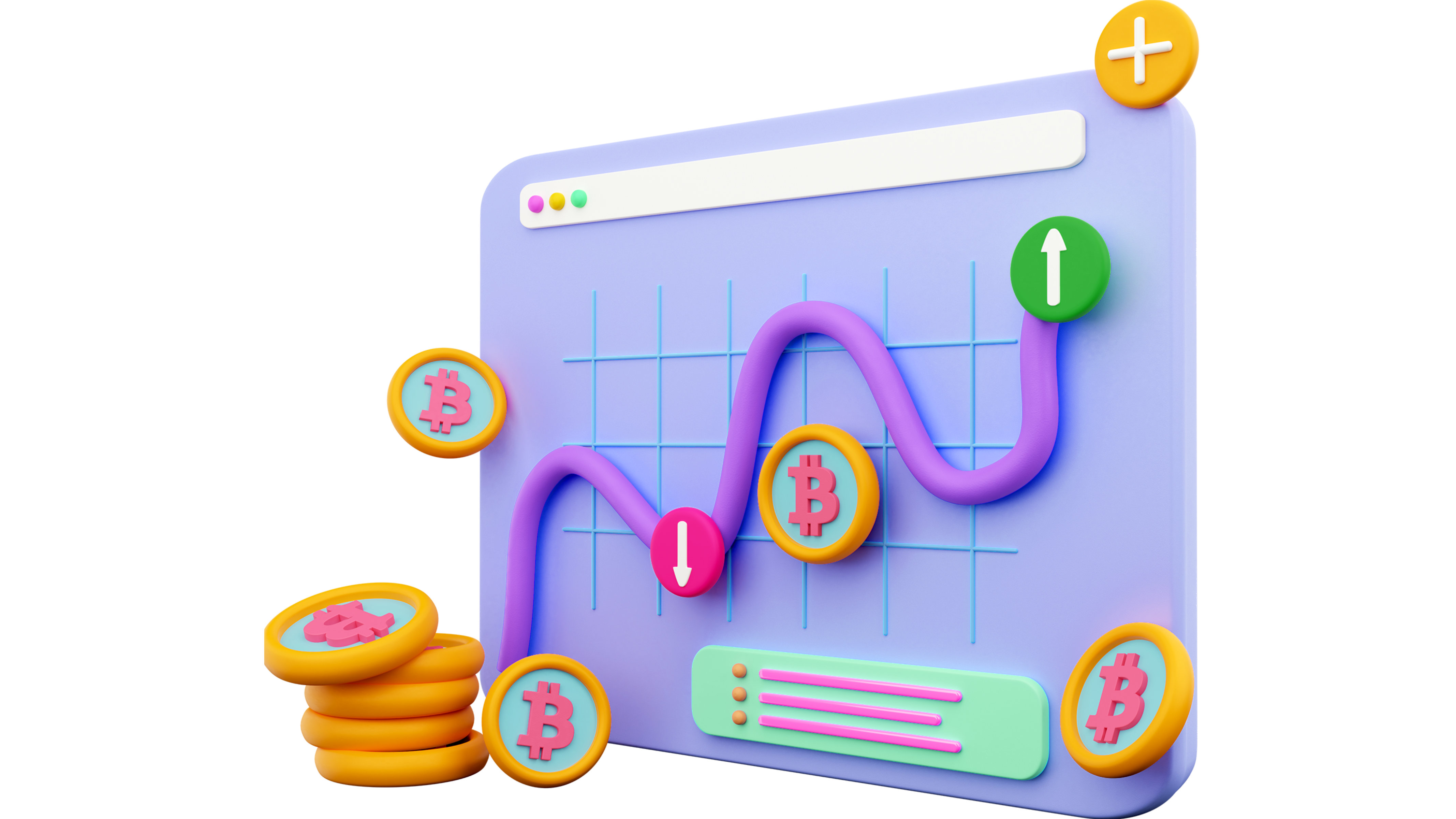Google updates its algorithms from time to time. Many businesses don’t even realize these changes exist until they happen. How often does search ranking change? Where can you get detailed information on those updates?
Google runs its algorithm 24/7. In order to ensure that their search results are relevant to everyone, they continuously run tests against millions of queries every day. These include things such as spelling errors, typos, grammar, length, frequency, links, etc. If you want to rank higher in Google searches, you’ll need to stay up to date on these changes.
When Google makes major changes to its search algorithm, these changes are usually rolled out gradually over weeks or months. This means that you should expect some delays before seeing an immediate impact. Some websites might benefit more than others, though. Here’s why you should pay attention to recent changes.
What happens when Google updates its search engine?
When Google updates its search engine, they usually release a new version of its web browser as well as the search engine. This means that all websites must be updated if they want to continue appearing on the search engine results pages. In addition, they may provide any software tools that are needed to update the website, so it is important for SEO professionals to use those tools. You may choose SEO service providers like Feature-Digital Ltd if you don’t know how to implement those tools.
The most common way that Google updates its search engine is through a process called “rolling updates.” They do this by releasing a new version of the web browser and then rolling out the new version of the search engine. Once the rollout is complete, they will start working on the next one.
Every time Google rolls out a new version of its algorithm, there are two main things that happen:
1) Google starts collecting data from users who use the new version of the algorithm.
2) Google starts analyzing that data and updating its own internal systems.
Why does Google need to collect user data?
Google collects information about how people use its products because it wants to improve how it works. If Google knows how people interact with its products, it can make improvements to its products based on what it learns.
How does Google analyze user data?
Google analyzes data to figure out which parts of its system work best and which ones could use improvement. This helps Google determine which features should be added to future versions of its products.
How long does it take for Google to make changes?
It depends on the type of change. Sometimes they make big sweeping changes that have a huge effect on the entire industry. Other times, they make smaller tweaks that only affect certain industries. The average number of days between Google making a change and them rolling it out varies depending on the size of the change.
Can I tell when Google has made a change?
Yes! It’s easy to keep track of when Google releases a new version of its search engine. When they do, they typically announce it on Twitter. They’ve been known to post screenshots of the new version of the web page as well.
How often do Google updates happen?
Google updates its search engine on a regular basis. Most experts agree that they release updates roughly once per month. However, they don’t always follow this schedule. For example, they released an update in September 2015 that was supposed to roll out in October. Instead, they released it in November.
Why does Google update its search engine?
One reason is that they want to improve the quality of their search results. Another reason is that they want people to find what they’re looking for faster. By improving the speed at which people can find information online, they hope to increase traffic to their sites.
Is there anything else I need to know about Google updates?
There are several other things that you should know about Google updates:
1) You shouldn’t rely on Google to notify you of an update. If you notice that your rankings have dropped, you should check if Google has released an update.
2) You should never assume that Google won’t change its algorithm again. They could decide to do a major overhaul in the future.
3) Make sure that your website is up to date. If you don’t, you could lose some of your traffic to competitors who are already updating their sites.
4) Don’t panic if you see a sudden drop in traffic after an update. It takes time for Google to figure out how to rank pages correctly.
5) If you use Google Analytics, you’ll want to make sure that you’re tracking all of your pages. Otherwise, you might miss out on important data.
6) If you’re having trouble keeping up with Google’s updates, consider hiring a web developer to help you.
7) Sometimes, Google will release multiple updates over the course of one day. These are called “rollouts.”
Conclusion
Google updates its search engine regularly. While you shouldn’t expect to get a notification from Google each time they release an update, you should still monitor your site’s performance. If you think that Google has changed its algorithm without telling you, you can check the last few weeks’ worths of search results to see if any of your keywords suddenly appear lower than before. Finally, you should always try to stay ahead of the curve by making sure that your website is updated and ready to go whenever Google releases an update.



















